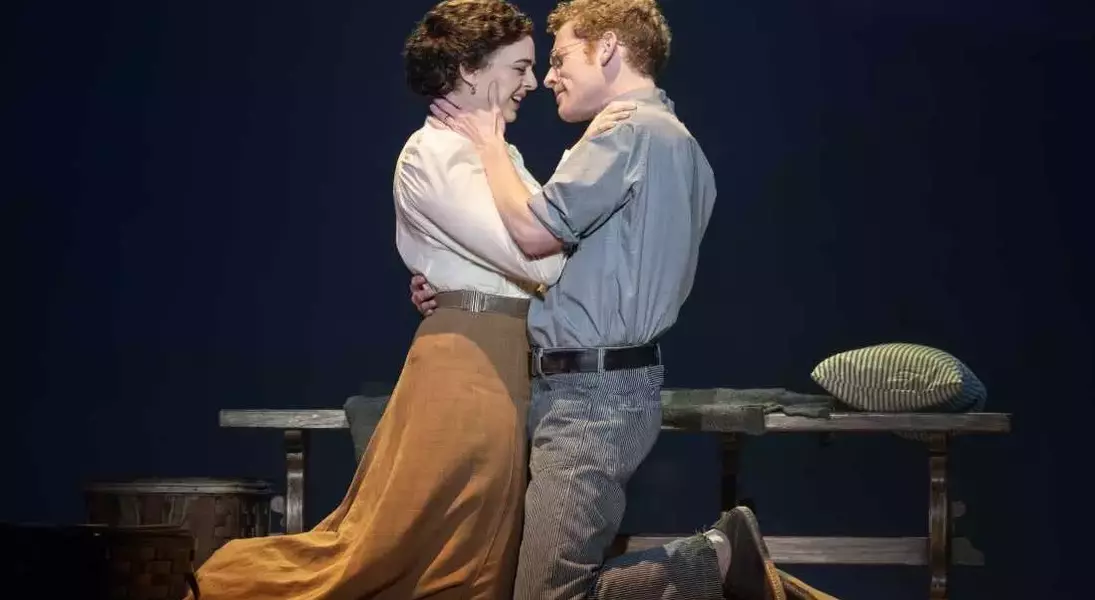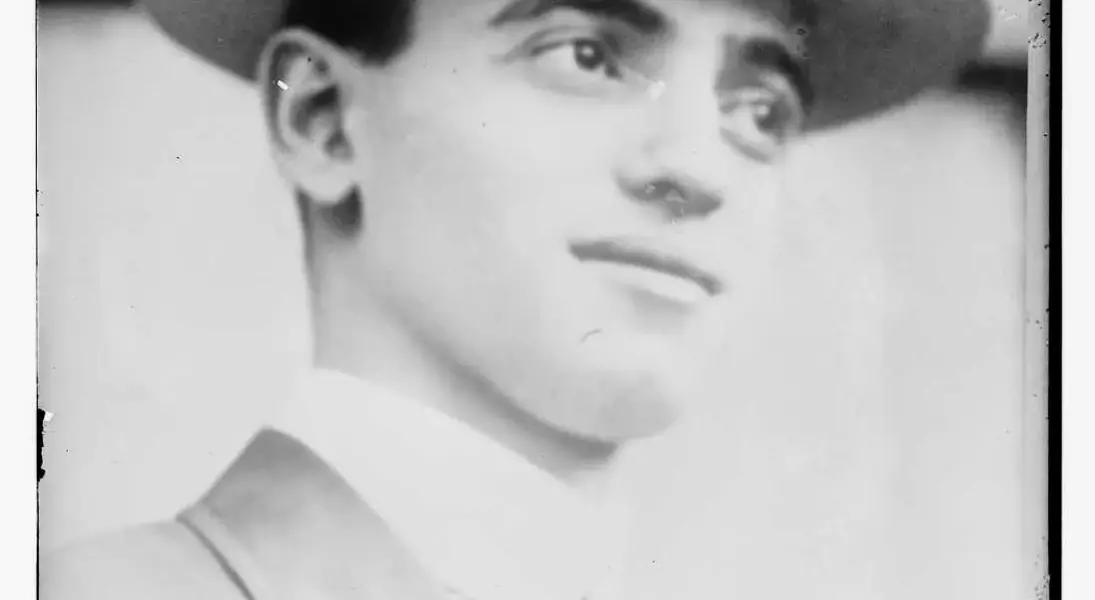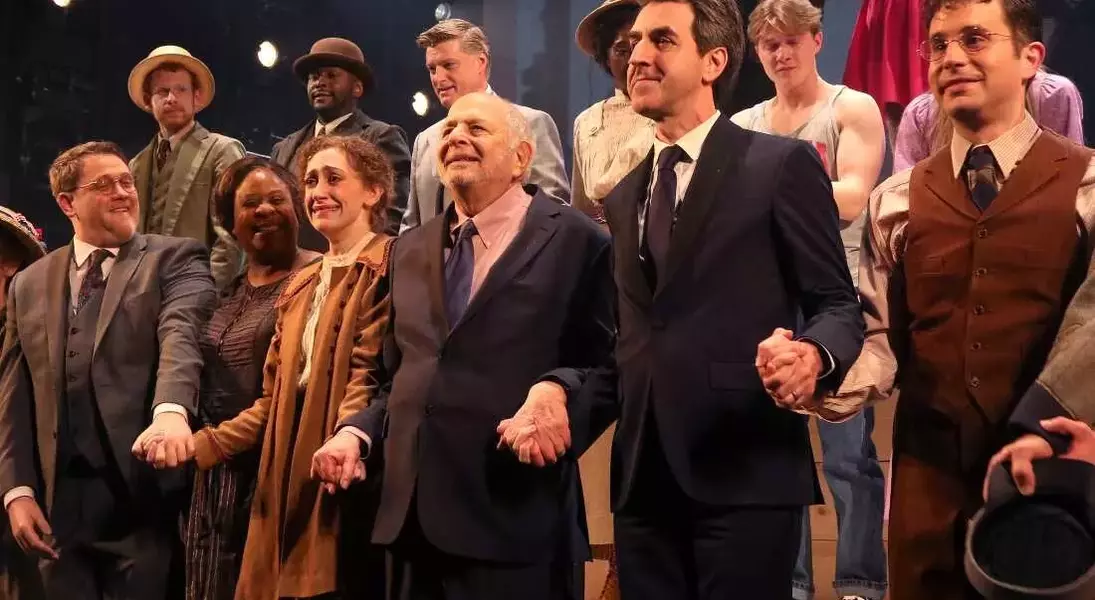





The critically acclaimed musical “Parade,” which delves into the harrowing true story of Leo Frank’s 1915 lynching, recently concluded its national tour at Washington D.C.’s Kennedy Center. This powerful production arrived at a pivotal moment, as the institution itself navigates a new era under recent political influence, and as the nation grapples with a resurgence of antisemitic sentiment. The show’s narrative, centered on a century-old case of injustice and prejudice, resonates profoundly with contemporary issues, highlighting the enduring nature of hatred and the importance of artistic expression in challenging societal biases.
The play’s timely themes of bigotry and false accusation have unexpectedly placed it at the nexus of ongoing cultural and political debates. The musical’s creators and performers, fully aware of the parallels between the historical events depicted and current manifestations of prejudice, have steadfastly committed to presenting the work without alteration. This unwavering dedication underscores the belief in art’s capacity to serve as a mirror reflecting societal challenges and a catalyst for crucial conversations about justice and tolerance. The confluence of the musical’s powerful message, the evolving landscape of the Kennedy Center, and the prevailing societal climate collectively amplifies the production’s impact and its relevance in today's world.
The Enduring Echoes of Injustice in Art
The musical 'Parade', honored with a Tony Award, tells the compelling and tragic real-life story of Leo Frank's lynching in 1915. Its recent run at the Kennedy Center, America's premier cultural venue, took place amidst a challenging sociopolitical landscape marked by heightened antisemitic sentiment and a shifting artistic direction at the institution under new political oversight. This confluence of events lends an acute, timely relevance to the production, transforming it from a historical recount into a poignant commentary on persistent prejudices.
The Leo Frank case, though more than a century removed, continues to stir debate and controversy, particularly within far-right circles. Despite historical consensus pointing to Frank's innocence, narratives perpetuating his guilt persist, often amplified by certain influential figures and media outlets. The play's presence at the Kennedy Center, traditionally a beacon of artistic freedom, acquires additional layers of significance given these contemporary dynamics. Jason Robert Brown, the musical's composer and lyricist, emphasized the production's unchanged integrity, asserting its role as a "counternarrative" against the "currents of hatred running underneath America." This steadfast commitment to the original work ensures that the powerful message embedded within the historical narrative remains undiluted, serving as a stark reminder of the perils of unchecked prejudice and the critical importance of confronting it through artistic avenues.
Artistic Integrity Amidst Ideological Crosscurrents
The staging of 'Parade' at the Kennedy Center has highlighted a broader tension between artistic expression and political influence, particularly following significant changes in the institution's leadership. The musical's creators maintained their resolve to perform the show exactly as written, rejecting any calls for alteration despite the politically charged environment. This decision underscores a commitment to artistic autonomy and the belief that the challenging themes within 'Parade' are more vital than ever.
The historical events that inspired 'Parade' reveal a disturbing cycle of prejudice and misinformation. The false accusations against Leo Frank, fueled by antisemitic and racist sentiments, led to a gross miscarriage of justice that culminated in his lynching. This historical episode not only laid bare deep-seated societal divisions but also contributed to the revival of hate groups. The echoes of this history reverberate in modern discourse, where similar false narratives are propagated through various platforms. The musical therefore stands as a poignant reminder of the enduring nature of prejudice and the responsibility of art to confront such darkness. It also illuminates how historical falsehoods can be resurrected and weaponized in contemporary settings, underscoring the ongoing battle against ideological extremism and the importance of historical accuracy in shaping public understanding.
